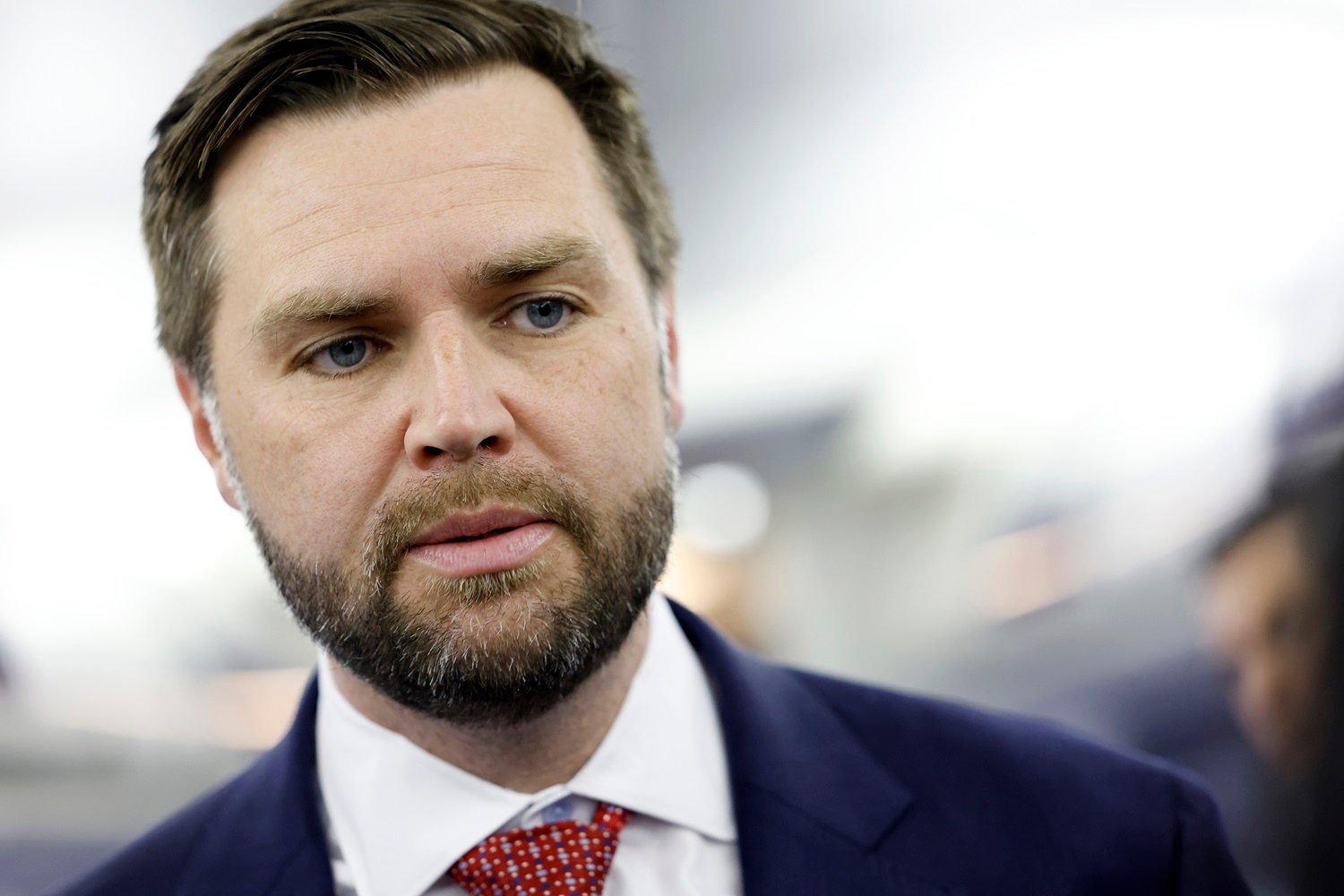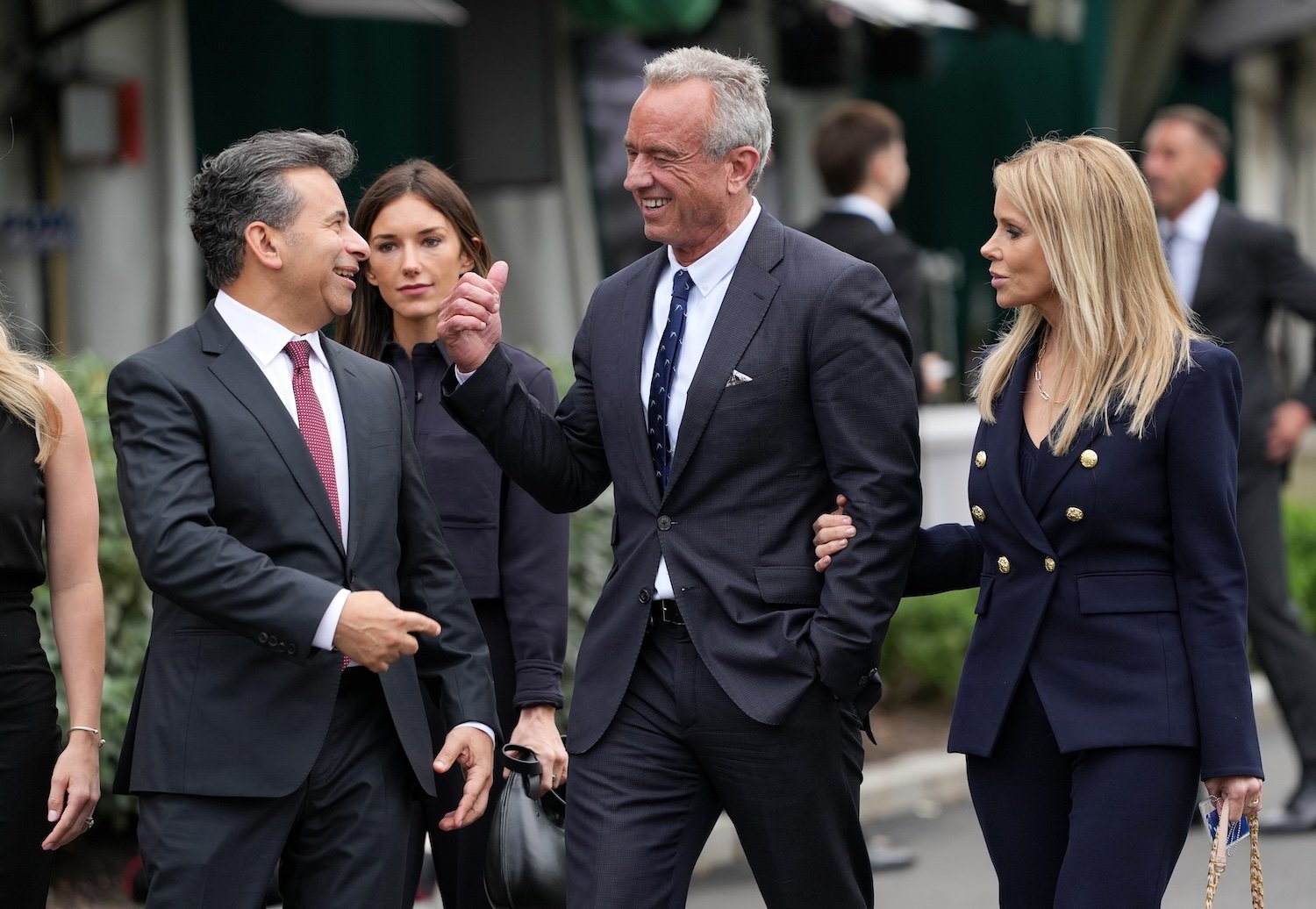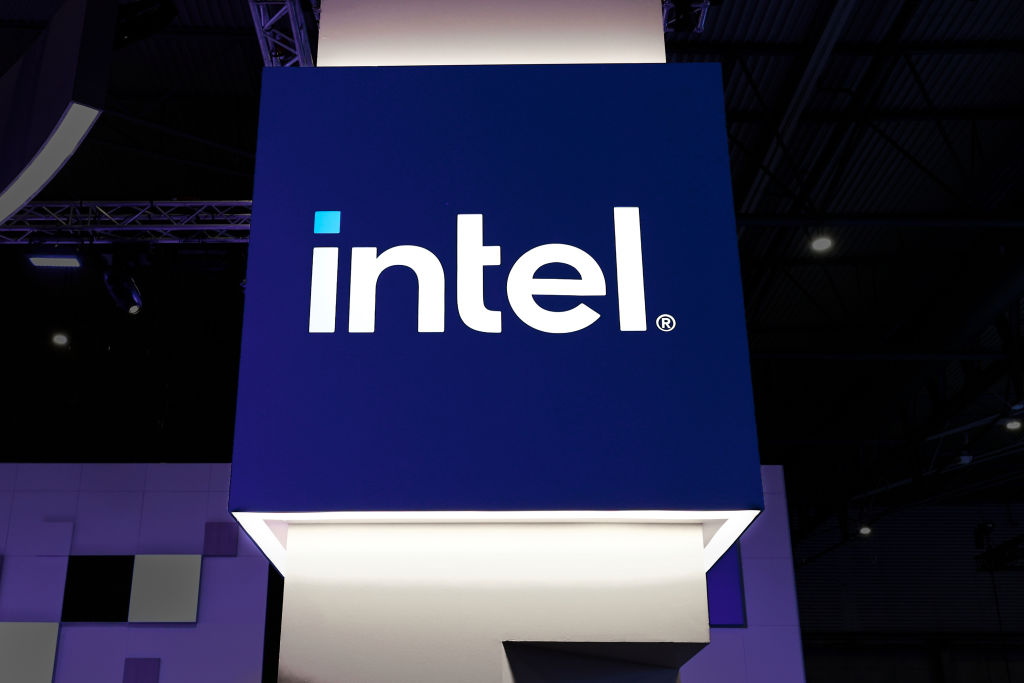The United States’ Refusal to Participate in Global Agreements on Artificial Intelligence and Climate Change
A Parting Shot at Global Cooperation
There are now two major international agreements designed to protect the global community: the Paris Climate Accords and the declaration from the Paris AI Action Summit. The United States has withdrawn from the former for the second time, and it has boycotted the latter, which advocates for the development of artificial intelligence tools and technology to be inclusive, open, ethical, sustainable, and safe. The agreement was signed by over 70 governments and international bodies, including the European Union, China, and India. The United Kingdom also declined to sign the pledge, citing uncertain reasons.
A One-Sided Approach
The U.S. was not alone in its rejection of the agreement, but it was unapologetic about its stance. Vice President JD Vance warned the world that the U.S. would not engage in responsible AI development, dismissing the declaration as a "massive" set of regulations akin to "authoritarian censorship." Vance argued that excessive regulation could stifle the growth of the AI industry, particularly in the United States.
A Competitive Edge
Vance insisted that the U.S. would prioritize the development of AI systems designed and manufactured within American borders using American "chips." While this approach would isolate the U.S., Vance suggested that other countries could join in on the journey if they dropped their commitment to the agreement’s principles of inclusivity and sustainability.
The China Factor
The U.S. decision may be driven, at least in part, by concerns about China’s role in AI development. Vance raised the issue of "cheap tech" being subsidized by authoritarian regimes, including China. He implied that partnering with such countries would compromise a nation’s sovereignty and security.
A Divided World
The international community’s response to the U.S. decision was mixed. French President Emmanuel Macron signed the agreement despite reservations and stated that France would seek to simplify its regulatory framework for AI development and investment. European Commission chief Ursula von der Leyen also pledged to reduce bureaucracy and increase investments in AI. The AI industry, too, has been racing to market without ensuring safety protocols.
A Precedent Set
The Trump administration’s rejection of international agreements can be seen as a self-interested approach that prioritizes short-term gains over long-term consequences. By opting out of the AI Action Summit, the U.S. has set a precedent that may embolden other nations to adopt similar strategies. This could undermine the global effort to develop AI in a responsible and sustainable manner.
Source Link





